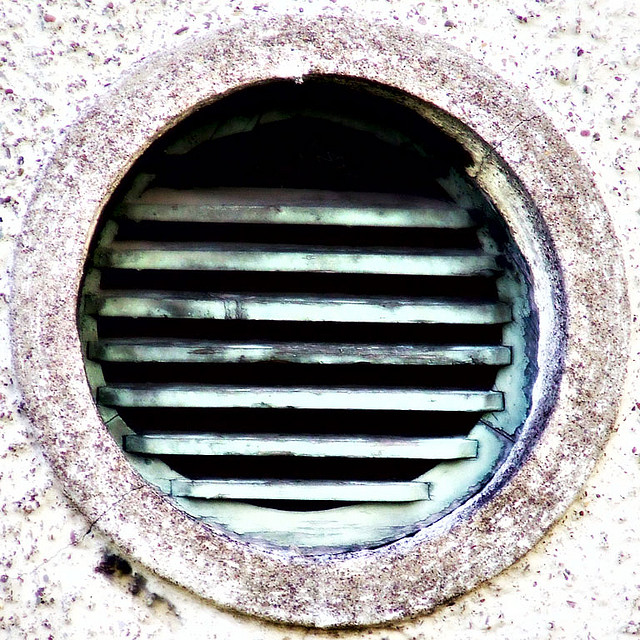There are a ton of myths, facts and old wives tales that accompany practices to optimize energy efficiency in your home. While some practices appear to be common sense, they could actually cause more harm when it comes to your costs and energy consumption. Today, let’s take a look at air vents and registers: True or False: Closing off vents in your home will reduce your heating and cooling bill? This answer is…False, bogus and untrue to the max! It may be hard to believe, but closing your vents can actually cause more harm than good. Let’s look at the reasons why. A study was conducted in 2003 through the Lawrence Berkeley National Lab. They discovered that closing vents can actually increase, not lower, energy consumption and costs. Any time air flow is forced through venting, the air pressure heightens when the register vents are shut; this pressure pushes the air through any leaks or breaks in your ventilation. The leakage in your ductwork makes your heating and cooling system work harder—costing you energy and money. While not everyone has seeping ducts, it is a very common occurrence in older houses. The U.S. Department of Energy notes that air flow leakage can be the cause of a 20% per dollar loss. Regardless of whether your ductwork is or is not leaky, closing off your registers or vents isn’t advisable. When you close off your vent in the winter, it will increase air pressure (potentially causing compressor issues) and decrease air flow over the heating coils of your furnace (leading to hefty repairs). Closing off your air vents in the summertime can actually cause more damage than good. Humidity can increase inside of your vents as the cool air meets with the warm air. When your registers and vents are closed, this humidity can cause condensation inside of your ducts leading to mold, mildew and bacteria build-up that is unhealthy to you and your environment. Air pressure in your home is designed to be balanced especially if you have a forced HVAC system. Closing your vent/register influences your home’s balance, making your system work harder. The best energy-efficiency practice you can do in your home is to have an evenly distributed temperature throughout it. If you're interested in improving the efficiency of your duct system, the U.S. Department of Energy has put together a useful PDF guide for more info. Photo Source: Éamonn via Flickr






